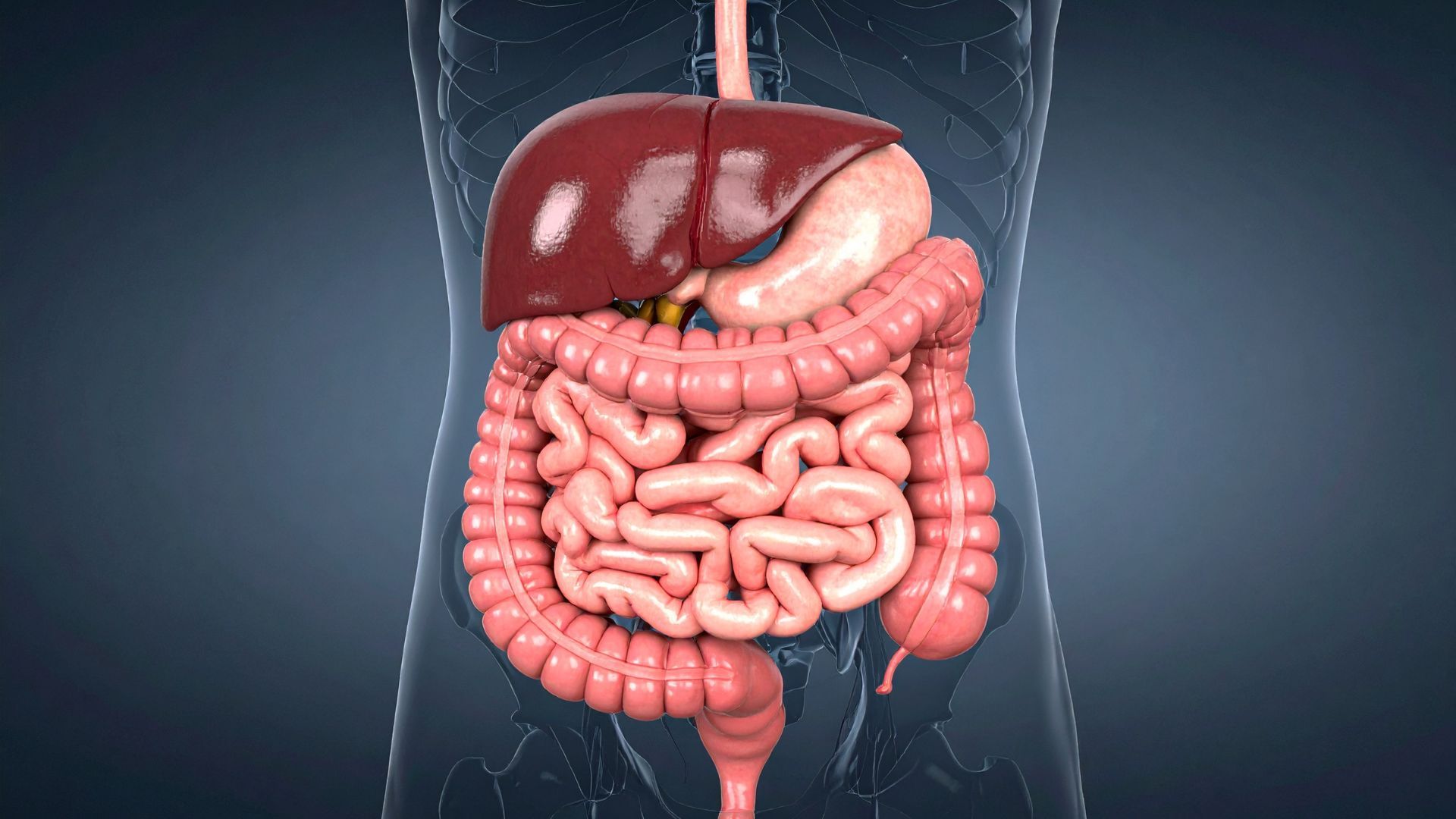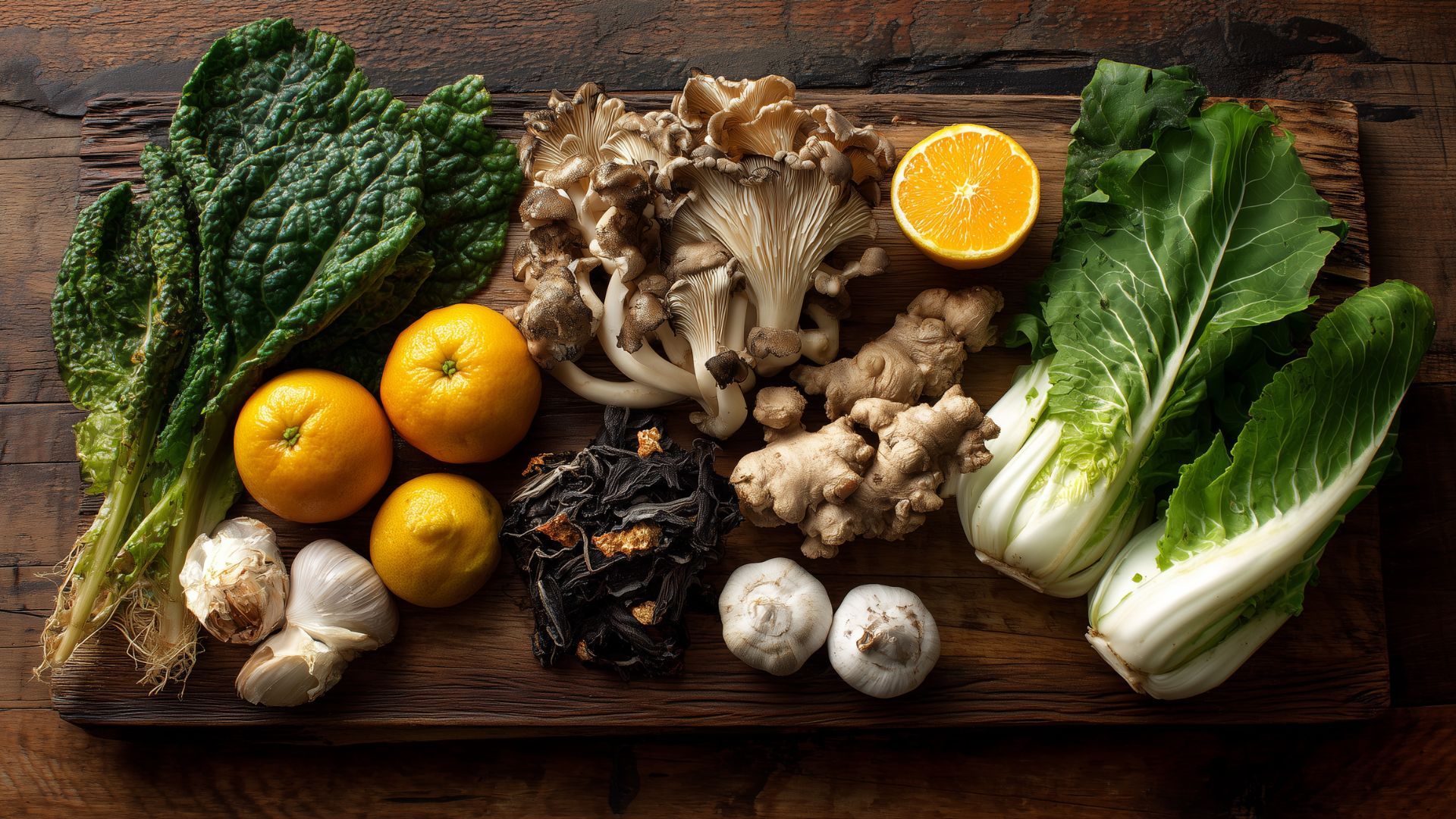4 Daily Habits That Transform Gut Health (Backed by Science)
Nov 07, 2025
There was a time when digestion was treated like a background process — something that just happened, quietly and automatically. But research over the past decade has completely rewritten that understanding. The gut isn’t just a tube that processes food; it’s a living, intelligent ecosystem that influences almost every system in the body.
The gut microbiome — the vast community of trillions of bacteria, viruses, and fungi living in your digestive tract — helps regulate immunity, inflammation, hormone production, and even mood. Scientists now call it the “second brain,” connected to the central nervous system through a vast communication network known as the gut-brain axis.
When this system is balanced, you feel it: your digestion runs smoothly, your energy is stable, and your mood is steady. When it’s disrupted, symptoms ripple outward — bloating, fatigue, skin issues, brain fog, or even anxiety.
The good news is that the gut responds quickly to positive change. You don’t need an elaborate detox or a long list of supplements. A few consistent habits, grounded in research, can reshape your gut health in a matter of weeks.
Here are four that make the biggest difference.
1. Eat more plant diversity
If there’s one rule that sums up the science of gut health, it’s this: diversity feeds diversity. The greater the variety of plants in your diet, the greater the variety of microbes in your gut — and microbial diversity is a hallmark of good health.
Every plant contains unique fibres, polyphenols, and resistant starches that feed different bacterial species. The American Gut Project, which studied thousands of participants worldwide, found that people who ate 30 or more different plant foods per week had significantly higher microbial diversity than those who ate fewer than 10.
This doesn’t mean you need to overhaul your meals overnight. Start by expanding within what you already eat.
-
If you make salads, mix up the leaves — rocket one day, spinach the next.
-
Rotate grains: quinoa, bulgur, farro, brown rice.
-
Use herbs, nuts, seeds, and spices — they all count toward your plant total.
Even coffee, dark chocolate, and tea contribute beneficial polyphenols that help feed good bacteria.
Think of your gut like a garden. Monoculture diets — the same foods every day — grow weeds. Diversity grows strength.
2. Include fermented foods daily
The link between fermented foods and gut health isn’t new, but science is now explaining why they’re so powerful. Fermentation transforms ordinary foods into microbial powerhouses. The bacteria and yeasts involved produce bioactive compounds — lactic acid, peptides, and enzymes — that improve digestion and strengthen the gut lining.
A landmark study published in Cell (2024) found that people who ate at least one serving of fermented food daily — yogurt, kefir, kimchi, sauerkraut, or miso — showed reduced inflammation and increased microbiome diversity after just eight weeks.
The reason? These foods introduce new bacterial strains while also creating compounds that feed existing beneficial microbes.
You don’t need to turn your kitchen into a fermentation lab. Small, daily servings are enough. Try a few tablespoons of sauerkraut with lunch, a glass of kefir in the morning, or a spoonful of miso paste whisked into soup.
The key is consistency — your microbiome thrives on routine exposure to these living foods.
3. Manage stress with awareness
Stress doesn’t just affect your mind — it reshapes your microbiome. Chronic stress triggers the release of cortisol and adrenaline, which alter gut motility, increase intestinal permeability (“leaky gut”), and reduce populations of beneficial bacteria.
This creates a feedback loop: poor gut health increases inflammation, which in turn affects neurotransmitters like serotonin and GABA — chemicals that regulate mood and calmness. It’s the gut-brain axis in action.
Multiple studies, including one in Nature Microbiology (2023), show that mindfulness, meditation, and breathing exercises can positively influence gut microbial balance. Simply shifting the body from a fight-or-flight state to rest-and-digest mode allows digestion to function properly again.
Stress management doesn’t have to mean sitting in silence for an hour a day. It might look like:
-
Taking three slow, deep breaths before a meal.
-
Going for a 10-minute walk after lunch instead of scrolling your phone.
-
Doing one mindful task at a time — eating, reading, resting — without multitasking.
Small, repeatable moments of calm signal safety to your body. And safety is what the gut needs to digest, heal, and grow.
4. Prioritise sleep and rhythm
Your gut has its own circadian rhythm — a daily pattern that syncs with your sleep-wake cycle. Disrupting that rhythm through irregular sleep, late-night eating, or shift work can alter microbial composition and metabolism.
Research in Cell Reports (2024) found that even a few nights of short sleep caused measurable changes in gut bacteria associated with glucose intolerance and inflammation. Restoring regular sleep patterns quickly reversed the effect.
To protect your gut’s internal clock:
-
Eat meals at consistent times.
-
Avoid heavy food close to bedtime.
-
Aim for 7–9 hours of sleep in a dark, cool room.
-
Limit alcohol and screens in the hour before bed.
Gut microbes seem to “sleep” too — they follow your rhythm. When your rest is regular, so is your digestion.
How quickly can you improve your gut health?
The microbiome responds astonishingly fast. Within three to five days of changing your diet, microbial populations begin to shift. Within two weeks, measurable improvements in digestion and inflammation can appear.
However, long-term balance takes consistency. Think of gut health as something you cultivate, not achieve. You’re constantly influencing it with every meal, every stressor, every night of sleep.
A note on supplements
Probiotics and prebiotics can be helpful tools, but they work best when the foundation is right. Without fibre, hydration, and balanced nutrition, they’re like planting seeds in dry soil.
Whole foods, stress regulation, and lifestyle rhythm remain the foundation of microbial harmony. Supplements can fine-tune — but not replace — those basics.
The bottom line
Good gut health isn’t built on one superfood or trend; it’s built on repetition. Diversity of plants, daily fermented foods, stress awareness, and proper rest create a powerful daily rhythm that supports digestion, immunity, mood, and long-term wellbeing.
When you treat your gut with consistency and care, it rewards you with balance — not just in digestion, but in energy, clarity, and resilience. The state of your gut mirrors the state of your habits. And those habits, practiced daily, are where real transformation begins.





